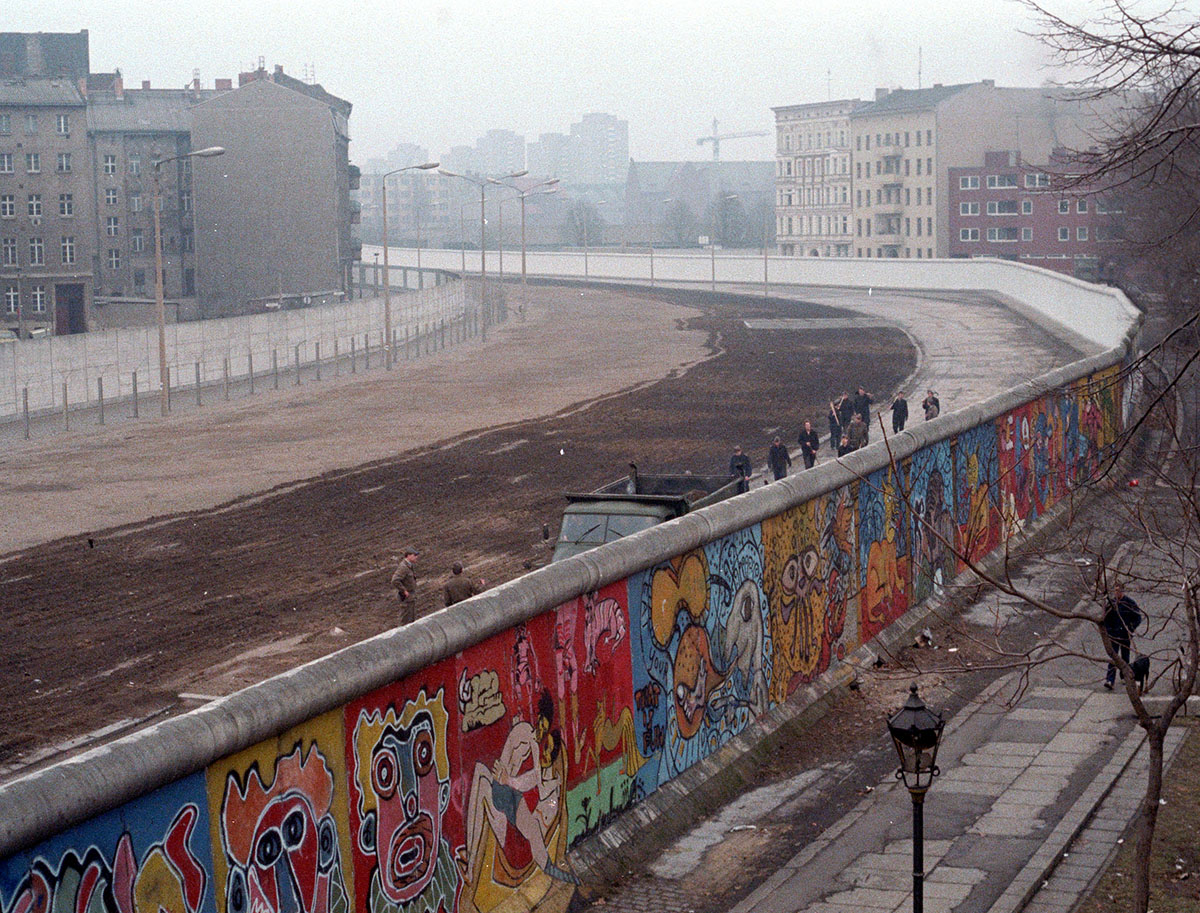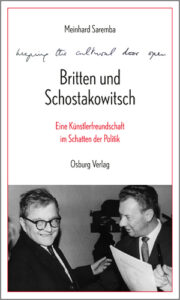Friends on both sides of the Iron Curtain
Meinhard Saremba traces the artistic friendship between Britten and Shostakovich in his book.

The venture was worthwhile to bring the two composers out of the shadows of politics, the English composer Benjamin Britten (1913-1976) in the time of the decline of a world empire, and the Russian composer Dmitri Shostakovich (1906-1975) in the terrifying Soviet era. Their acquaintance, which came about rather by chance in 1960 and developed into a friendship across the almost insurmountable border of the Cold War, is portrayed in the most diverse facets of artistic and human relationships. Despite all the adversity, they were able to meet six times, both in Aldeburgh and Moscow and on their joint trip to Armenia (summer 1965).
The author endeavors to incorporate major political events such as the Cuban Missile Crisis in 1962, the invasion of Czechoslovakia by the Warsaw Pact states in 1968 and the heated discussion in Great Britain about the 1972 festival of Soviet music into the debates about the development of New Music, without neglecting the focus on the two artists as threatened existences. For from this point of view, they were judged as composers in a completely controversial manner before and after the collapse of the Soviet Union, and the discussions in East and West continue unabated today, as both could hardly ever be counted among the avant-garde and their works were therefore often judged and condemned below their worth.
An overabundance of quotations from English and Russian sources - listed in well over a thousand annotations - often replace an opinion expected from the author. His primary concern, however, is not to reassess the works, but to shed new light on the sometimes comparably difficult circumstances under which the works were composed. Since both composers had to deal with the political events and thus often, but not always, became unintentionally involved, this required extensive research into their private lives. The "Changing Meanings of Values and Words" or details of the cultural exchange agreement between Great Britain and the USSR in 1959 go far beyond this, but often provide an insight into forgotten events during the Cold War.
However, such overviews harbor the danger that the geopolitical aspects, understood from a narrow cultural perspective, do not always stand up to an overall historical assessment. On the other hand, it is commendable that the author also attempts to shed light on the problematic aspects of the individualists who were forced into outsider roles.

Meinhard Saremba: Keeping the cultural door open. Britten and Shostakovich. Eine Künstlerfreundschaft im Schatten der Politik, 518 p., € 28.00, Osburg-Verlag Hamburg, Eimsbüttel 2022, ISBN 978-3-95510-295-1








